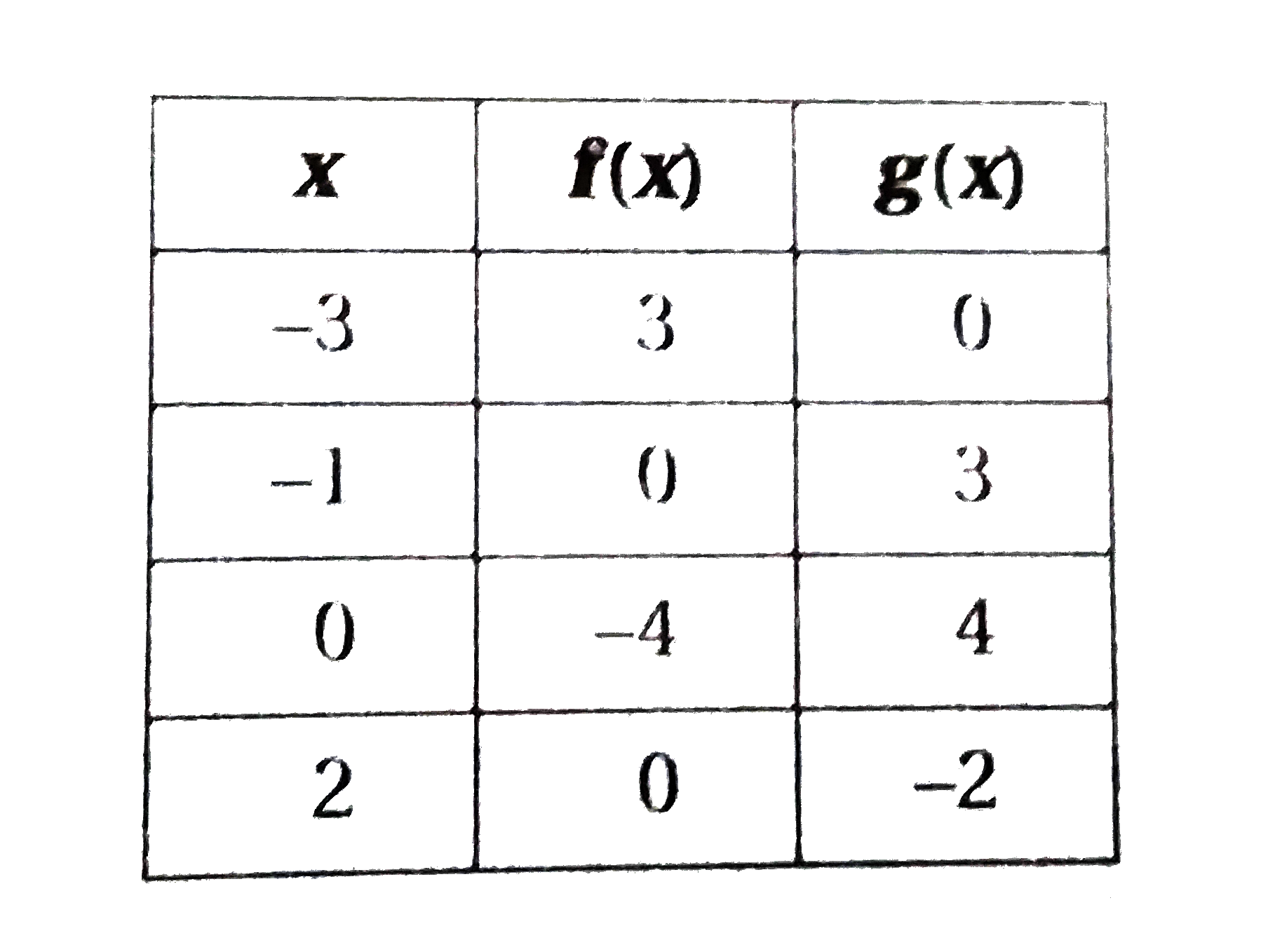Which of the following statement are true? −15÷0=0 (ii) 0÷0=0
To determine which of the given statements are true, we will evaluate each statement one by one.
Statement (i): −15÷0=0
1. Evaluate the left-hand side (LHS):
−15÷0
This means we are trying to divide −15 by 0.
2. Understanding division by zero:
Division by zero is undefined in mathematics. This means that we cannot divide any number by zero, as it does not yield a valid result.
3. Conclusion for Statement (i):
Since −15÷0 is undefined, it cannot equal 0. Therefore, the statement −15÷0=0 is false.
Statement (ii): 0÷0=0
1. Evaluate the left-hand side (LHS):
0÷0
This means we are trying to divide 0 by 0.
2. Understanding division by zero:
Similar to the first statement, division by zero is undefined. Specifically, 0÷0 is an indeterminate form, meaning it does not have a specific value.
3. Conclusion for Statement (ii):
Since 0÷0 is also undefined, it cannot equal 0. Therefore, the statement 0÷0=0 is false.
Final Conclusion:
Both statements are false:
1. −15÷0=0 is false.
2. 0÷0=0 is false.
---
−15÷0
This means we are trying to divide −15 by 0.
Division by zero is undefined in mathematics. This means that we cannot divide any number by zero, as it does not yield a valid result.
Since −15÷0 is undefined, it cannot equal 0. Therefore, the statement −15÷0=0 is false.
0÷0
This means we are trying to divide 0 by 0.
Similar to the first statement, division by zero is undefined. Specifically, 0÷0 is an indeterminate form, meaning it does not have a specific value.
Since 0÷0 is also undefined, it cannot equal 0. Therefore, the statement 0÷0=0 is false.
Both statements are false:
1. −15÷0=0 is false.
2. 0÷0=0 is false.
Topper's Solved these Questions
Similar Questions
Knowledge Check
- Question 1 - Select One

Several values of x, and the corresponding values for polynomial functions f and g are shown in the table above. Which of the following statements is true?
I. f(0)+g(0)=0
II. f(x) is divisible by x+2
III. g(x) is divisible by x+3.AI, II, and IIIBI and II, onlyCII and III, onlyDI and III, only - Question 2 - Select One
If the roots of the equations x2−(a−b)x+c=0 are integers which are equal in magnitude and opposite in sign, which of the following statements are true ?
I. a=−b
II. a=b
III.c+a2=0AOnly IBOnly IICOnly IIIDBoth I and II
Which of the following statements are true ?
0 cancel in phiView SolutionWhich of the following statement is true? (a) -7 > -5 (b) -7 < -5 (c) (-7) + (-5) > 0 (d) (-7) - (-5) > 0
View SolutionWhich of the following statements are true and which false ?
(i)0∈{}(ii)0∈{0}(iii)0∈{(0)}(iv)0∈{0,{0}}(v){0}∈{0}View SolutionLet A be a 3×3 matrix satisfying A3=0 , then which of the following statement(s) are true (a)∣∣A2+A+I∣∣≠0 (b) ∣∣A2−A+O∣∣=0 (c)∣∣A2+A+I∣∣=0 (d) ∣∣A2−A+I∣∣≠0
View SolutionLet M be a 3×3 matrix satisfying M3=0. Then which of the following statement(s) are true: (a) ∣∣M2+M+I∣∣≠0 (b) ∣∣M2−M+I∣∣=0 (c) ∣∣M2+M+I∣∣=0 (d) ∣∣M2−M+I∣∣≠0
View SolutionGiven that P+Q+R=0. Which of the following statement is true?
View Solution

